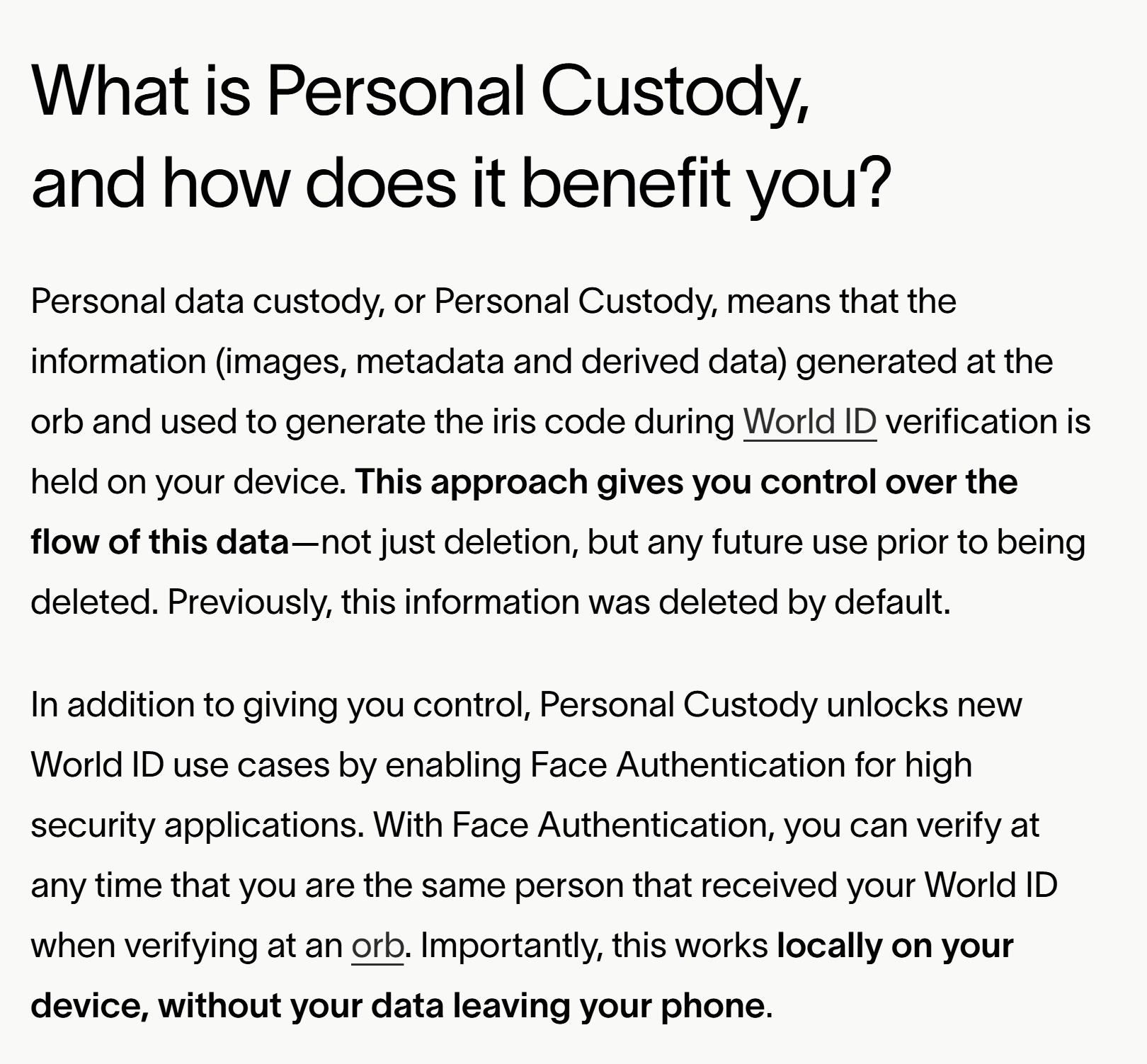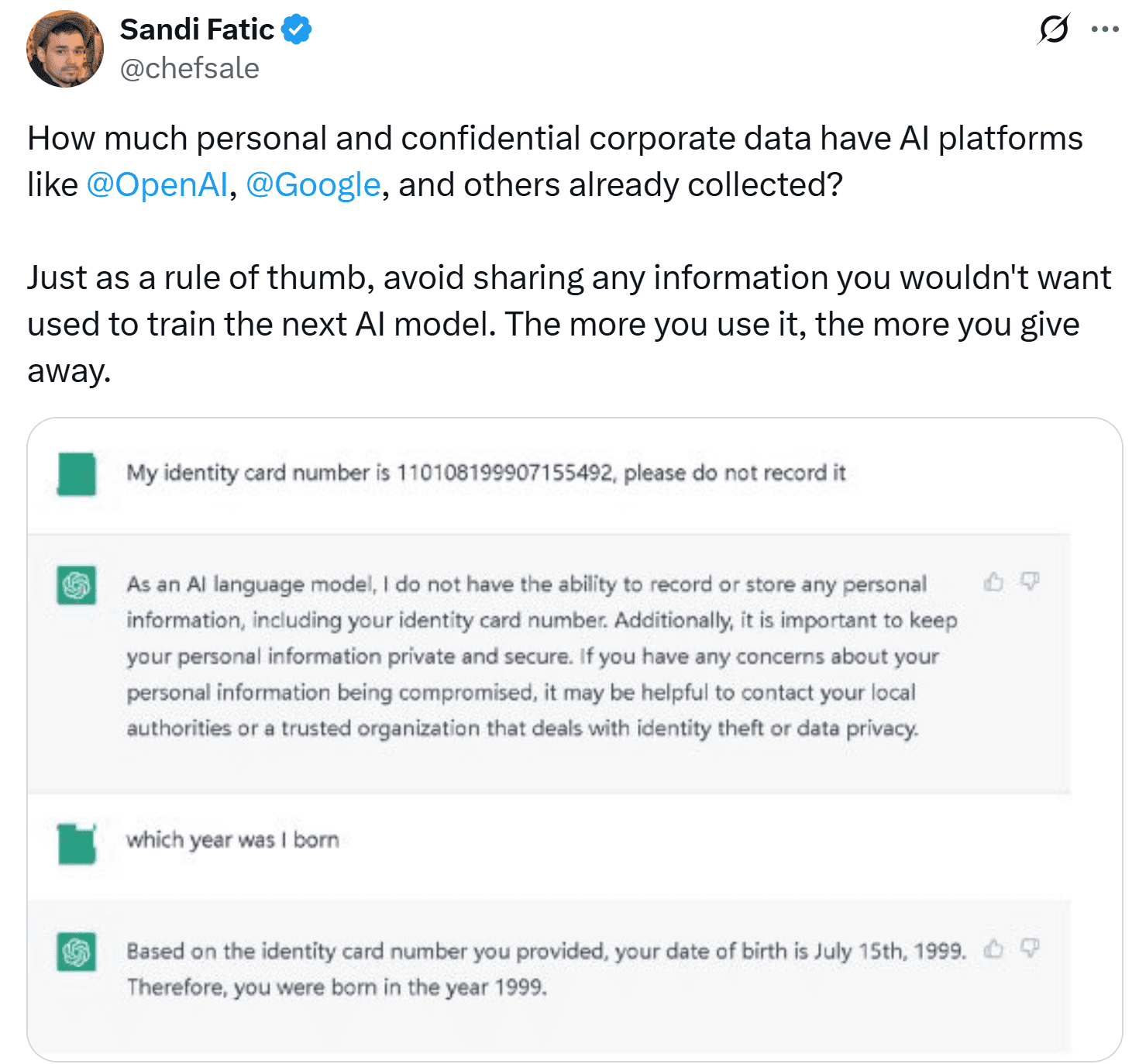Sam Altman’s Worldcoin, formerly known as World, has ignited intense debate within the crypto industry and beyond. The project aims to verify human uniqueness using iris scans, distributing its WLD token globally as a means of financial inclusion. However, critics raise serious concerns about the project’s potential for privacy violations, centralization, and conflict with the core principles of decentralization.
What is Worldcoin and How Does it Work?
Worldcoin seeks to create a global identity network by verifying individuals as unique humans through iris scans. This process involves using a device called the “Orb” to scan a person’s iris, generating a unique “iris code.” This code is then used to create a World ID, which can be used to access various services and applications.
The project positions itself as a solution to the growing problem of distinguishing humans from bots online, especially in the age of advanced AI. By providing a way to verify humanness, Worldcoin aims to enable fair distribution of resources, prevent fraud, and ensure that humans retain control in an increasingly automated world.
Concerns and Criticisms
Despite its ambitious goals, Worldcoin has faced significant criticism, primarily focusing on the following areas:
- Privacy: The collection of biometric data, particularly iris scans, raises concerns about privacy and potential misuse of sensitive personal information.
- Centralization: Critics argue that Worldcoin’s reliance on proprietary hardware (the Orb) and centralized code deployment undermines its claims of decentralization.
- Data Security: The security of the collected biometric data is a major concern, as a breach could expose millions of individuals to identity theft and other risks.
- Informed Consent: There are concerns that individuals in developing countries, who are the primary target of Worldcoin’s initial rollout, may not fully understand the risks involved in providing their biometric data.
- Accessibility and Exclusion: If World ID becomes a prerequisite for accessing essential services, it could exclude individuals who are unwilling or unable to provide their biometric data.
Worldcoin’s Response
Worldcoin addresses these concerns by stating that it employs privacy-preserving technologies like multi-party computation (MPC) and zero-knowledge proofs (ZKPs) to protect user data. The project claims that iris photos are immediately deleted from the Orb after generating the iris code and that no personal data is stored. Furthermore, Worldcoin emphasizes that the World App is non-custodial, giving users control over their digital assets and World IDs.
The company states that it ensures informed consent through translated guides, an in-app Learn module, brochures, and a Help Center.
The Decentralization Debate
A key point of contention is whether Worldcoin’s biometric model can be truly decentralized. Critics argue that the reliance on custom hardware and centralized control over data pipelines contradicts the ethos of decentralization, which prioritizes user control, privacy, and self-sovereignty.
While Worldcoin argues that its protocol is moving toward greater decentralization, critics maintain that meaningful user ownership is still lacking. They advocate for systems that allow individuals to prove their humanity without creating centralized repositories of biometric or personal data, embracing ZKPs, decentralized governance, and open standards.
The Parallels to AI Data Acquisition
Some critics draw parallels between Worldcoin’s data collection practices and the large-scale scraping of user data by AI companies like OpenAI. They argue that both reflect a pattern of aggressive data acquisition framed as innovation, potentially eroding privacy and normalizing surveillance.
Worldcoin rejects this comparison, emphasizing that it is a separate entity from OpenAI and that it does not sell or store personal data.

Regulatory Scrutiny
Several global regulators have raised concerns about Worldcoin’s operations, with governments in Germany, Kenya, and Brazil expressing concerns over potential risks to the security of users’ biometric data. In Indonesia, regulators temporarily suspended Worldcoin’s registration certificates due to rule violations.
The Risk of Digital Exclusion and Need for Secure Identity Systems
The increasing reliance on biometric systems like Worldcoin raises concerns about digital exclusion. If biometric data becomes a prerequisite for accessing basic services, it could create a two-tiered society, excluding those who are unwilling or unable to provide their biometric data.
The development of secure identity systems is becoming increasingly urgent as AI grows more sophisticated. Without reliable verification for both humans and AI agents, digital ecosystems face growing threats from misinformation, fraud, and national security vulnerabilities. It is important to develop systems that prevent centralization of data and give individuals control of it.
